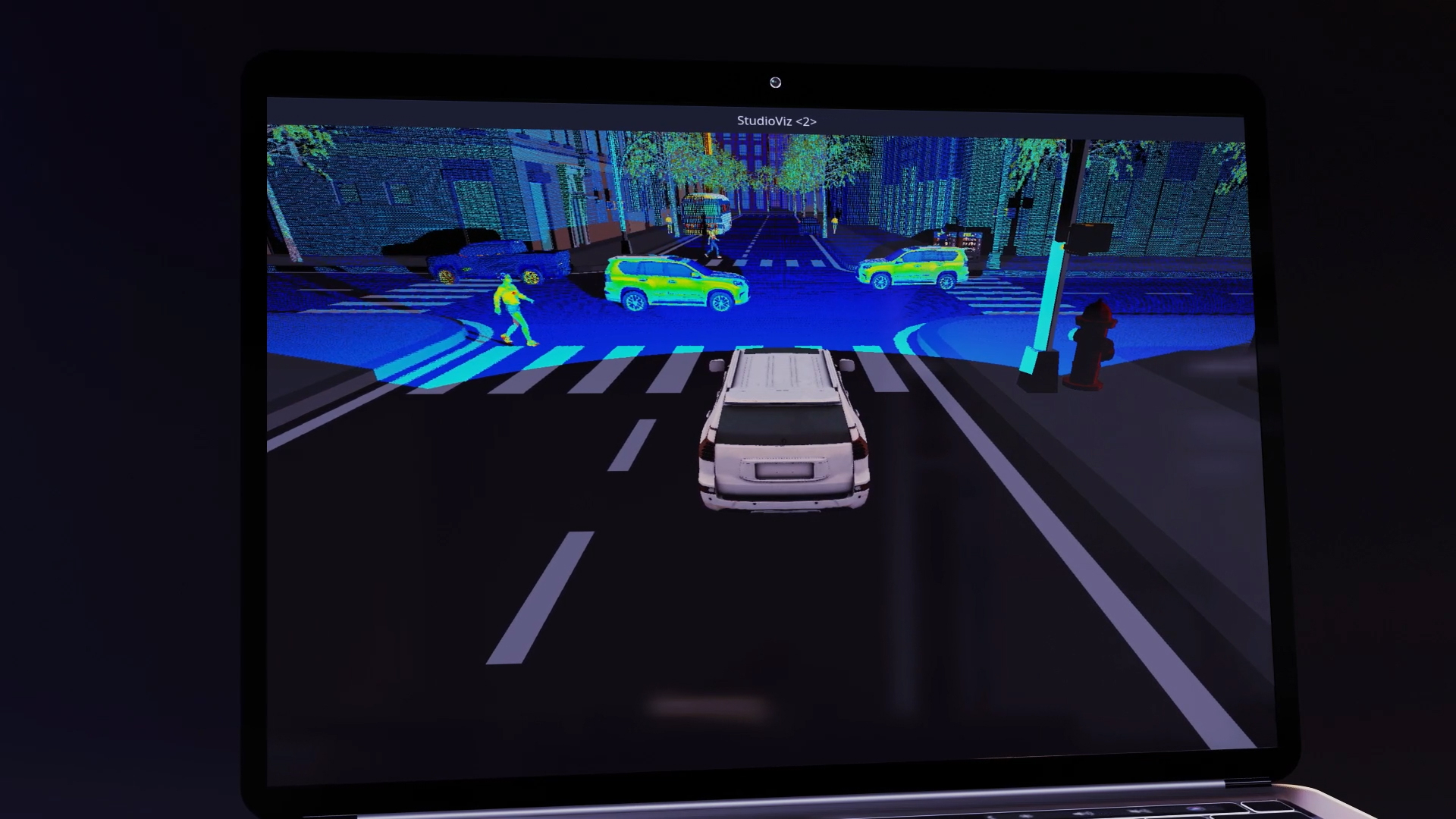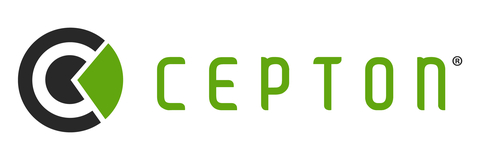Cepton Unveils Proprietary End-to-End Lidar Simulator, StudioViz™
Cepton Unveils Proprietary End-to-End Lidar Simulator, StudioViz™
Powerful 3D point cloud simulation platform to expedite ADAS and AV development and reduce implementation costs for automotive customers
SAN JOSE, Calif.--(BUSINESS WIRE)--Cepton, Inc. (“Cepton”) (Nasdaq: CPTN), a Silicon Valley innovator and leader in high-performance lidar solutions for automotive and smart infrastructure applications, today announced the unveiling of its proprietary lidar simulation platform, StudioViz™.
Developed by Cepton’s in-house software teams, StudioViz aims to streamline lidar adoption processes from productization to deployment, helping automotive Original Equipment Manufacturers (OEMs) expedite lidar-based advanced driver assistance systems (ADAS) and autonomous vehicle (AV) development at minimized implementation costs. StudioViz also offers a powerful tool to facilitate a broad spectrum of cutting-edge R&D initiatives in ADAS and AV by researchers and universities.
StudioViz is designed and built to offer an array of functionalities, including:
- Virtual environment creation: StudioViz enables the creation of customized virtual elements to simulate real-world scenarios for testing lidar-based ADAS and AV use cases across urban and highway environments.
- High-fidelity lidar data visualization: The platform simulates data from Cepton’s comprehensive portfolio of lidar sensor models, including the long-range Ultra, medium-range Vista-X series and near-range Nova, to generate realistic 3D point clouds, facilitating insights into sensor behavior and system performance under various conditions.
- Placement optimization: Utilizing StudioViz, OEMs will be able to explore different placement options of Cepton’s lidar hardware, virtually integrating a single or multiple lidar sensors into different locations around a vehicle, supported by physics-based studies modeling sensor behavior at these locations.
- Sensor fusion assessment: Simulated lidar data from StudioViz can be integrated with other sensor simulations (such as camera) to evaluate sensor fusion results and assess the effectiveness of perception algorithms such as object detection, labeling and localization.
- Perception solution development: StudioViz generates accurate lidar data that can be annotated with ground truth information, such as object type and bounding boxes, to train, validate and refine perception algorithms for accurate vehicle and pedestrian detection, tracking and classification, lane and curb detection, path planning and ego-motion estimation.
- Manufacturing validation and scaling: StudioViz can utilize real-world sensor modeling, taking data from sensors at critical stages of manufacturing and calibration processes to enable comprehensive validation of sensor performance before reaching the customer, furthering Cepton's commitment to sustainable and scalable manufacturing for mass-market adoption.
“StudioViz accelerates the testing, development and deployment of Cepton’s lidar technology by offering an efficient and cost-effective solution,” said Christian Nickolaou, Product Owner at Cepton. “The deployment of lidar at scale is such a complicated process that many things need to be tested and validated before a solution can be even considered for use case-specific volume adoption, such as sensor performance, system compatibility and mounting locations. Upfront time, labor and monetary investments in those early stages of the deployment can be monumental, if OEMs heavily rely on physical implementation and benchmarking.”
Utilizing StudioViz’s powerful simulation tools, OEMs and research entities will be able to accurately gauge the suitability of Cepton’s lidar solutions for their needs, custom integration plans and develop perception capabilities without substantial investments in hardware, installation and data acquisition, while reducing the need to build real-life testing scenarios that are sometimes challenging to reproduce due to constraints such as road infrastructure and weather conditions.
Nickolaou adds: “For example, it would take engineers hours of work to integrate a lidar sensor into the body of a vehicle, but in StudioViz, it would be much easier and faster. Through its user-friendly interface, a customer can now visualize true-to-life data generated from different Cepton lidars when placed behind the windshield and in the roofline, the front grille, the side mirrors and the headlamps or taillamps. This will effectively eliminate concerns about having to make irreversible alterations to the test vehicle or purchase additional accessories for different setups, not to mention the significant amount of time saved on physical installation.”
Another key cost benefit of StudioViz is that it reduces monetary investment in data generation and acquisition for the development of perception solutions. “As we have seen with some of our customers, collecting and sorting out real-life data from the lidar hardware can take up nearly 50% of the entire investment in the building of perception software capabilities,” explains Nickolaou.
Cepton has been utilizing StudioViz to train, validate, and refine algorithms for its own static and dynamic perception solutions. Having the capability to generate large amounts of data for generalized and specific scenarios enables rapid and efficient improvements to the software stack, elevating Cepton’s perception performance and reliability.
With the launch of StudioViz, Cepton plans to help automotive engineers and researchers worldwide accelerate innovation in lidar-based ADAS and AV solutions. Customers and partners interested in learning more information can sign up for Cepton’s StudioViz Early Access Program at www.cepton.com/products/studioviz.
About Cepton
Cepton is a Silicon Valley innovator of lidar-based solutions for automotive (ADAS/AV), smart cities, smart spaces and smart industrial applications. With its patented lidar technology, Cepton aims to take lidar mainstream and achieve a balanced approach to performance, cost and reliability, while enabling scalable and intelligent 3D perception solutions across industries.
Founded in 2016 and led by industry veterans with decades of collective experience across a wide range of advanced lidar and imaging technologies, Cepton is focused on the mass market commercialization of high performance, high quality lidar solutions. Cepton is headquartered in San Jose, CA and has a center of excellence facility in Troy, MI to provide local support to automotive customers in the Metro Detroit area. Cepton also has a presence in Germany to serve European customers. For more information, visit www.cepton.com and follow Cepton on Twitter and LinkedIn.
Contacts
Media: Faithy Li, media@cepton.com

